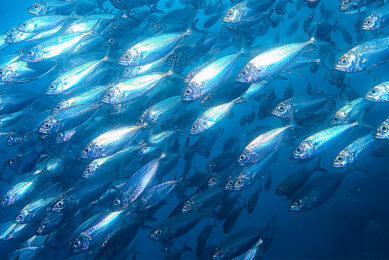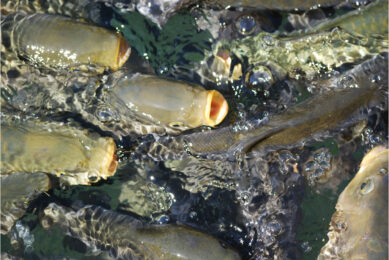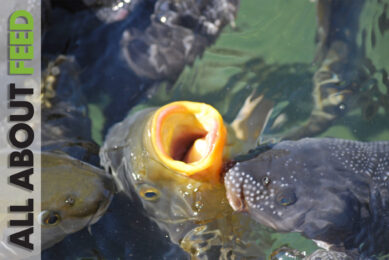Fishoil replacement in finfish nutrition
A new study provides a review and discussion of research activities conducted to evaluate alternative lipid sources in fish feed. It focuses on the effects of fish oil replacement in finfish nutrition on feed quality, fish performance, feed efficiency, lipid metabolism, final eating quality and related economic aspects.
“There is heavy emphasis for aquaculture to meet the global shortage of fish and seafood created by unsustainable fishing practices.
“However, dietary fish oil is required for the production of omega-3-rich farmed fish and this commodity, in a vicious circle, is at present derived solely from wild fisheries”, said Dr. Giovanni Turchini from the School of Life and Environmental Science, Deakin University, Australia.
At present, aquafeeds use about 90% of the global supply of fish oil as a lipid source. In addition to the economic factors of rising global fish oil prices and limited supplies, the aquaculture industry is under intense pressure from both scientists and environmental groups to find and implement alternatives to fish oil.
The review concludes that about 75% of dietary fish oil can be substituted with alternative lipid sources, such as vegetable oils and animal fats, without significantly affecting growth performance, feed efficiency and intake for almost all finfish species studied.
However, as different species responds differently to fish oil diet replacement, further research is required for the realization of eco-friendly and cost effective aquafeeds.
This paper is published in Reviews in Aquaculture (Vol. 1, Issue 1, pg 10-57), and is available free online.











